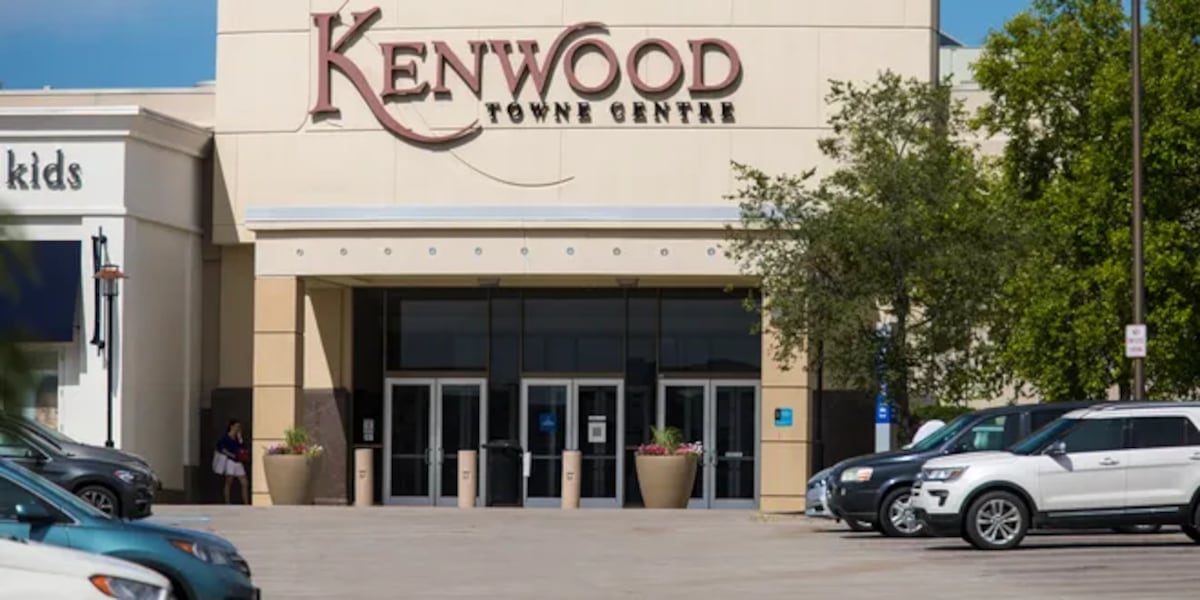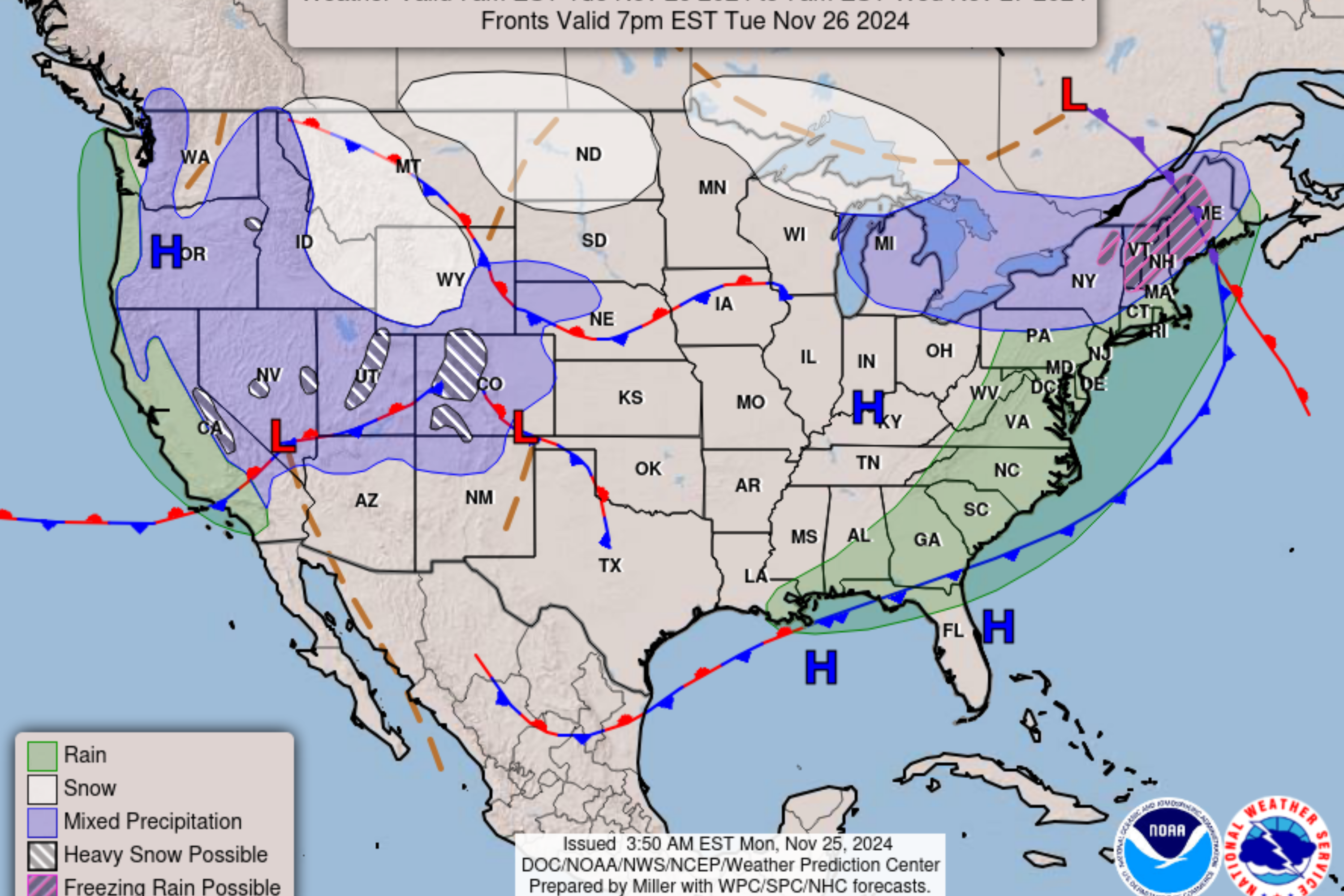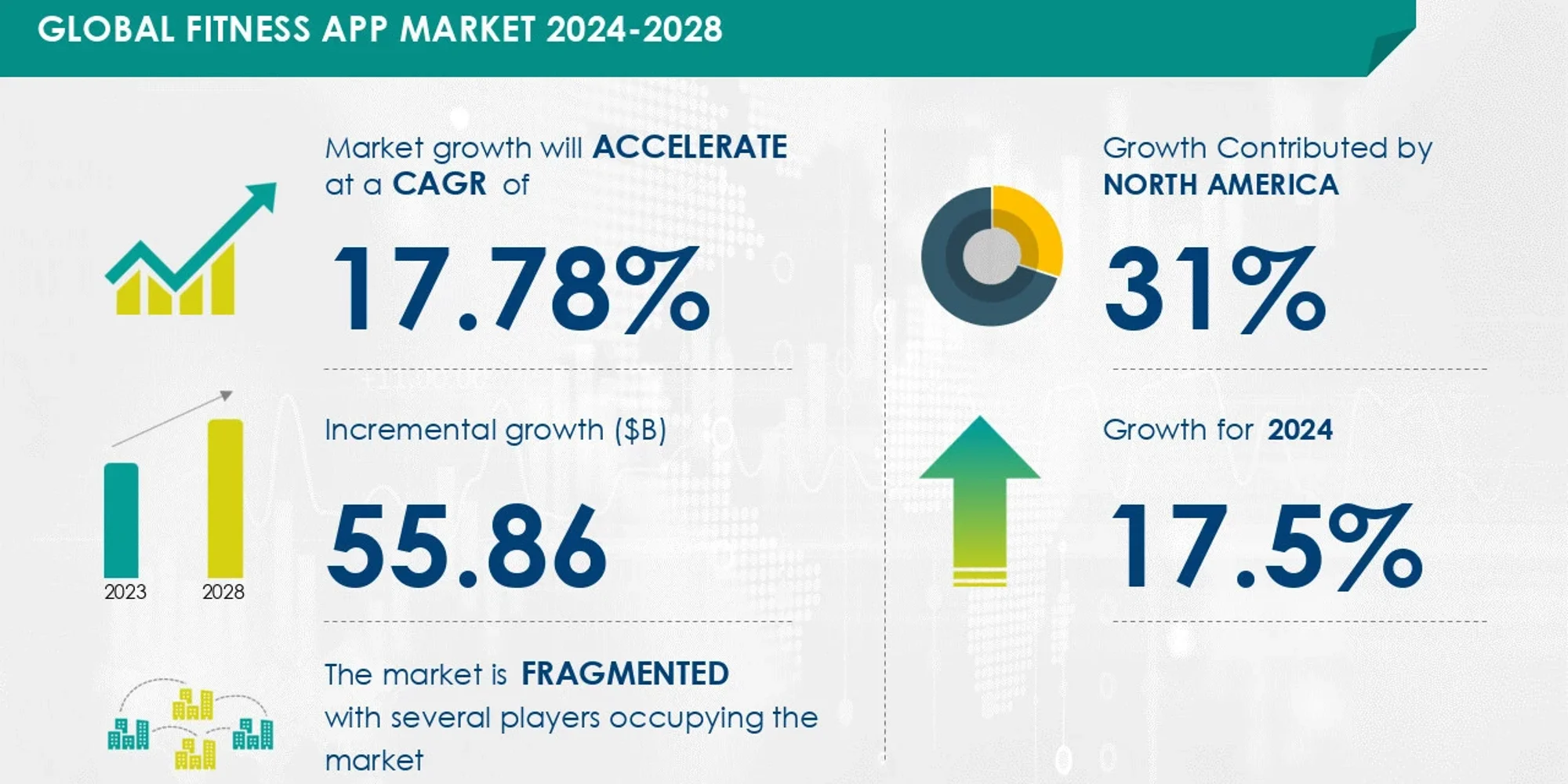World
The World That September 11 Made

Familiar names and
phrases appear—Osama bin Laden, Flight 93, Rudy Giuliani, George W. Bush—but
Beck succeeds more in recreating a sensory experience than a timeline of
events. I already knew which planes struck which targets and when; Beck’s use
of transcripts and video from television coverage of the day, highlighting the
confusion, the emotions, and the disbelief of the on-air personalities, recreates
the experience of seeing it happen in real time. I was 22 years old on 9/11 and thought that my memories of the day were clear and reliable. But Beck
recounts news anchors on the evening of the attacks reacting in
speculation-heavy confusion as explosions rocked Kabul—explosions that turned
out to have nothing to do with the United States or the terror attacks that morning.
Despite having watched it all live—and feeling confident that I remembered it
accurately—I was stunned to read this detail. I had, and have, no recollection
of it at all. This kind of memory-jog is a regular experience throughout the
book, and worth the price of admission.
Homeland
covers an enormous amount of intellectual and narrative ground, and any book so
ambitious risks becoming unwieldy. Beck effectively organizes it, though, around
four intertwined crises either created or exacerbated by 9/11. First, and for
my money most engrossingly, he examines the rising tide of militarism in
American life. While this is most obvious in foreign policy, it is more
pervasive (and interesting) in the quotidian aspects of American life. Our
entertainment, our interaction with public space (think of how we attend a
sporting event or use an airport now compared to, say, in 1996), our
consumption habits, and our cultural affectations (such as the lionization of
the first responder, a dynamic that has abetted the staggering growth of the
power of domestic law enforcement in our lives and our politics) all bear the
imprint of the humiliation, anger, and trauma that 9/11 provoked.
From the rise of
surveillance culture to Christopher Nolan’s Batman films, Homeland finds
the echoes of 9/11 everywhere and draws out the ways that paranoia and militant
“security” posturing in our public space exacerbates, rather than reduces,
fear. Whether discussing the fortress-like layout of the Ground Zero memorial
or remembering how much we all loved a movie about a vigilante Good Guy who
must use every cell phone in Gotham City to spy on the masses in order to keep
them safe, Beck is not shy about dipping his toe in a lot of genres. The
architectural criticism and film criticism are just a few examples that add
color to what is, at its core, a work of political economy in the grand old
tradition.










